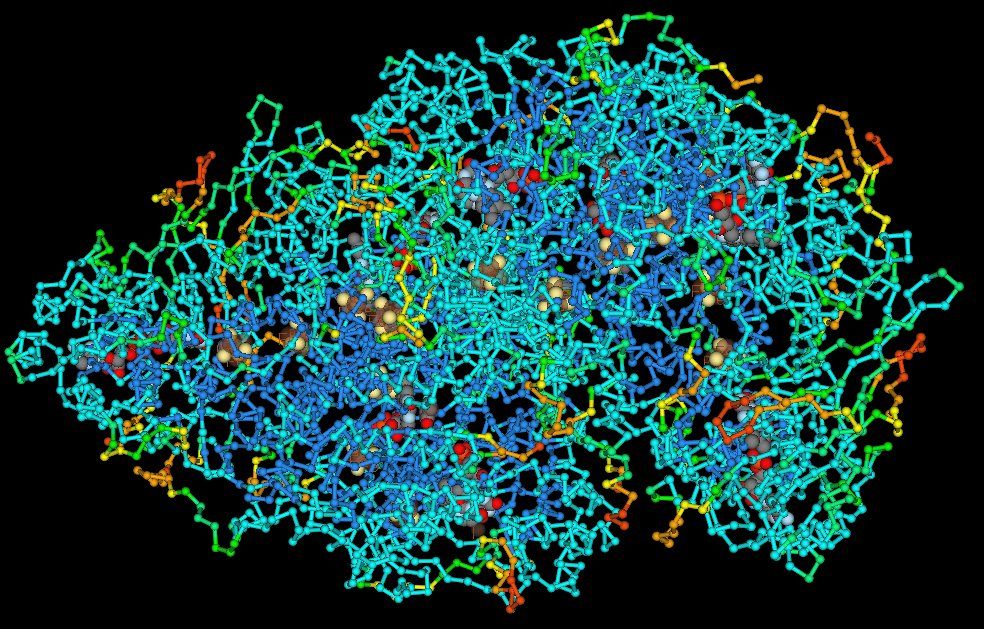Customized Polymers: Tailored Solutions for Distinct Applications
Customized Polymers: Tailored Solutions for Distinct Applications
Blog Article
Discovering the Varied Applications and Advantages of Polymers in Different Industries
Polymers, with their diverse range of residential properties and performances, have come to be important in various sectors, each enjoying unique advantages from their application. From boosting security and efficiency in the vehicle sector to changing medical tools in the medical care industry, polymers play a pivotal function.
Automotive Sector Applications
Polymers play a crucial function in improving the efficiency and toughness of various components within the auto sector. One famous usage of polymers in the automotive industry is in the production of lightweight elements.

Health Care Market Benefits
In different medical care applications, the benefits of making use of polymers are extensively recognized for their diverse series of valuable buildings. Polymers play an essential function in the medical care industry as a result of their versatility, biocompatibility, and cost-effectiveness. One of the main benefits of polymers in medical care is their capability to be customized to certain demands, such as versatility, toughness, and biodegradability, making them optimal for a wide variety of medical applications.
Polymer-based materials are extensively used in medical devices, such as catheters, implants, prosthetics, and drug distribution systems, as a result of their biocompatibility and capacity to simulate natural tissues. These materials can lower the threat of sensitive reactions or beings rejected, enhancing client safety and results. Additionally, polymers are lightweight, making them ideal for wearable medical devices and making certain person comfort.
Additionally, polymers make it possible for the advancement of cutting-edge treatment approaches, such as hydrogels for tissue design and nanocomposites for targeted drug shipment. Their convenience of processing and sterilization makes them essential for preserving high criteria of hygiene in medical care settings. Generally, the varied benefits of polymers contribute substantially to advancements in medical modern technology and client treatment.
Environmental Benefits of Polymers
:max_bytes(150000):strip_icc()/three-dimensional-model-of-polyvinyl-chloride-165874889-5c425ea7c9e77c000188be6d.jpg)
In addition, polymers can contribute to power financial savings due to redirected here their lightweight nature. In markets such as transport, lightweight polymer materials can assist minimize gas intake and greenhouse gas exhausts. Additionally, polymers can enable the growth of energy-efficient items such as insulation products that boost power preservation in structures.
Moreover, polymers play an important duty in reducing water pollution. For example, making use of polymer-based filtration systems can efficiently eliminate pollutants and impurities from wastewater, guarding water sources and ecosystems. On the whole, the ecological advantages of polymers make them useful assets in promoting sustainability and environment-friendly methods across various sectors.
Polymers in Electronic Devices and Innovation
Considering the raising need for ingenious and sustainable remedies in contemporary industries, the assimilation of advanced polymer technologies in the world of electronics and technology has actually become a pivotal approach for driving effectiveness and performance. Polymers have actually reinvented the electronics sector by allowing the manufacturing of lighter, extra adaptable, and resilient digital gadgets. From smartphones to clinical devices, polymers play a crucial duty in improving product style and functionality.
One considerable benefit of polymers in electronics click for more is their insulating residential properties, which assist safeguard fragile electronic parts from ecological elements and electrical interference. In addition, polymers are you could try these out crucial in the advancement of flexible screens, wearable technology, and printed electronic devices, offering limitless opportunities for creating wise and interconnected tools.
Additionally, using polymers in digital packaging has actually led to innovations in miniaturization and thermal management, enhancing the total performance and dependability of digital systems. As modern technology continues to progress, the versatility and versatility of polymers will definitely drive even more innovation in the electronics market, forming the future of modern technology.
Role of Polymers in Building and Framework
The combination of sophisticated polymer products in building and construction and infrastructure projects has actually revolutionized the method structures are created and built in modern-day times. Polymers provide numerous advantages in the building sector as a result of their versatility, longevity, and cost-effectiveness. One essential duty of polymers in construction is their use in finishes and sealers, offering security versus ecological factors such as wetness, UV radiation, and deterioration. In addition, polymers are used in the production of light-weight and high-strength composite products, boosting the architectural honesty of buildings while decreasing overall weight.
Additionally, polymers play an important duty in sustainable building techniques by enabling the advancement of energy-efficient frameworks. Insulating materials made from polymers aid regulate indoor temperature levels, reducing the requirement for heating and cooling systems and ultimately reducing power intake - Polymers.
Conclusion
In final thought, polymers play an essential function in numerous sectors such as vehicle, healthcare, ecological, electronics, and building. Their flexible residential or commercial properties make them beneficial in developing cutting-edge solutions and products. From improving fuel effectiveness in automobiles to improving clinical tools, polymers supply numerous advantages. Additionally, their influence on decreasing waste and promoting sustainability highlights their value in contemporary applications. The prevalent usage of polymers shows their substantial payment to progressing innovation and improving lifestyle.
Report this page